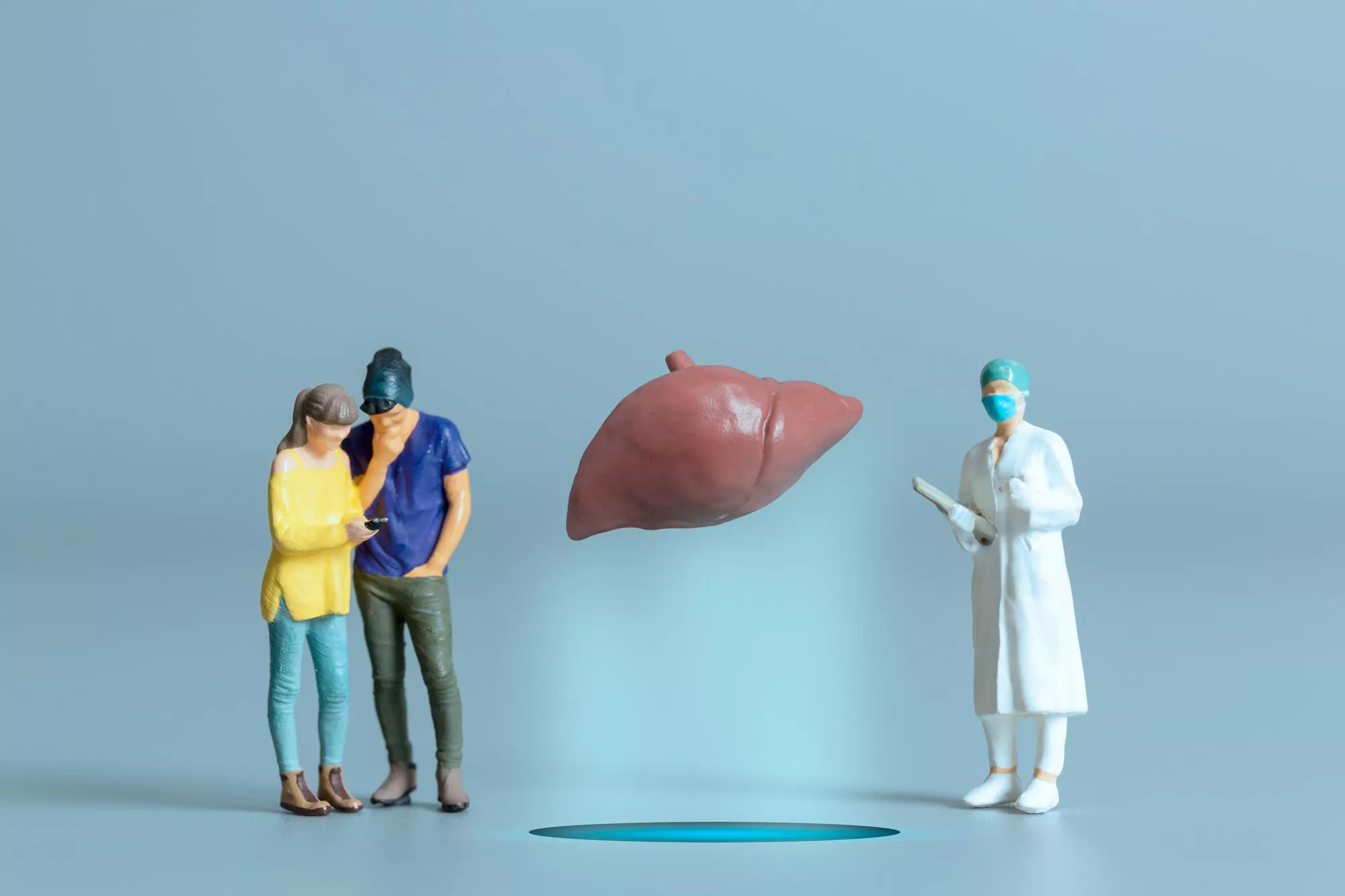Autoimmune hepatitis (AIH) remains one of the most intriguing yet challenging conditions faced within the field of gastroenterology. With the continuous evolution in medical research and understanding, a recent review published in the January 2024 issue of Nihon Shokakibyo Gakkai zasshi – the Japanese Journal of Gastroenterology, sheds light on the most current insights into this perplexing disease. Authored by leading experts Hiromasa Ohira, Atsushi Takahashi, and Kazumichi Abe from the Department of Gastroenterology at Fukushima Medical University, the review represents a significant contribution to the international body of medical literature. In this article, we delve into the nuances of their research, exploring the pathogenesis, diagnosis, treatment options, and the way forward for patients with autoimmune hepatitis.
Unraveling the Mysteries of Autoimmune Hepatitis
Autoimmune hepatitis is a chronic condition characterized by the immune system attacking the liver, leading to inflammation and, if left unchecked, potentially cirrhosis and liver failure. This condition can affect individuals regardless of age, though it is notably more prevalent in women than men. AIH comes in various types, with Type 1 being the most common, followed by Type 2 which primarily affects children and adolescents.
The Crucial Role of Immunosuppressive Therapy
The cornerstone of AIH management has been immunosuppressive therapy, aimed at reducing the immune system’s harmful activity against liver cells. Prednisone or prednisolone, usually in combination with azathioprine, forms the first line of defense. The expert review by Ohira et al., published with the DOI: 10.11405/nisshoshi.121.10, critically examines the nuances of immunosuppressive agents in AIH management, advocating the customization of treatment plans to individual patient needs.
Diagnostic Criteria and Challenges
The trio of researchers highlight the importance of diagnosis based on a combination of clinical, biochemical, immunological, and histological findings. Deviating from other liver diseases, AIH does not have a distinct diagnostic marker, often requiring a comprehensive approach involving serological testing for autoantibodies, such as the anti-nuclear antibody (ANA), anti-smooth muscle antibody (ASMA), and liver-kidney microsomal antibody (LKM-1).
The Integration of Newer Therapies
With new treatments on the horizon, the management of AIH is poised for transformation. Recent developments in the use of biological agents and novel immunosuppressants, including mycophenolate mofetil and calcineurin inhibitors, offer renewed hope for AIH patients who do not respond to conventional therapies.
The Future of AIH: Personalized Medicine and Beyond
The review also explores the concept of personalized medicine in AIH, emphasizing the potential for tailoring treatment based on genetic, environmental, and immunological factors. Precision medicine could revolutionize the paradigm of AIH treatment by enhancing the efficacy and reducing the side effects associated with immunosuppressive therapy.
Staying Current with the Research
Keeping abreast of the latest advancements in AIH research is critical for practitioners in the field. The publication, Nihon Shokakibyo Gakkai Zasshi, indexed under the ISSN 0446-6586 with its latest volume 121, issue 1, remains a pivotal resource for gastroenterologists worldwide. The article, “Autoimmune hepatitis: an up-to-date review,” serves as an excellent reference, bringing together data and analysis pertinent to the current understanding of AIH.
The Implications for Patients
For patients wrestling with autoimmune hepatitis, this research embodies a beacon of hope. The more nuanced understanding of the disease and the emerging treatment options suggest a better quality of life and long-term outcomes. This research offers a pathway toward more resilient and adaptive treatment strategies for individuals embroiled in the battle against AIH.
Keywords
1. Autoimmune Hepatitis Treatment
2. Immunosuppressive Therapy AIH
3. AIH Gastroenterology Research
4. Autoimmune Liver Disease Updates
5. Latest AIH Management Strategies
References
1. Ohira, H., Takahashi, A., & Abe, K. (2024). Autoimmune hepatitis: an up-to-date review. Nihon Shokakibyo Gakkai Zasshi, 121(1), 10-16.
2. Manns, M. P., Lohse, A. W., & Vergani, D. (2015). Autoimmune hepatitis – Updated diagnostic criteria. Journal of Hepatology, 62(4), 991-1000.
3. Montano-Loza, A. J., & Czaja, A. J. (2017). Current concepts in autoimmune hepatitis. Annals of Hepatology, 16(6), 871-889.
4. Hennes, E. M., Zeniya, M., Czaja, A. J., Pares, A., Dalekos, G. N., Krawitt, E. L., … & International Autoimmune Hepatitis Group. (2008). Simplified criteria for the diagnosis of autoimmune hepatitis. Hepatology, 48(1), 169-176.
5. Miyake, Y., Iwasaki, Y., Terada, R., & Onishi, T. (2019). Advances in the treatment of autoimmune hepatitis and implications for transplantation. Liver Transplantation, 25(2), 323-336.
With an ever-expanding arsenal of diagnostic tools and therapeutic regimens, and a deepening understanding of the disease’s intricacies, the future of managing autoimmune hepatitis appears more precise and promising. The work by Dr. Hiromasa Ohira and his colleagues represents a step forward in the march towards optimized care for patients with AIH. The gastroenterology community, as well as the patients they serve, can look forward to ongoing advancements that will continue to redefine the standards of effective AIH treatment and care.
